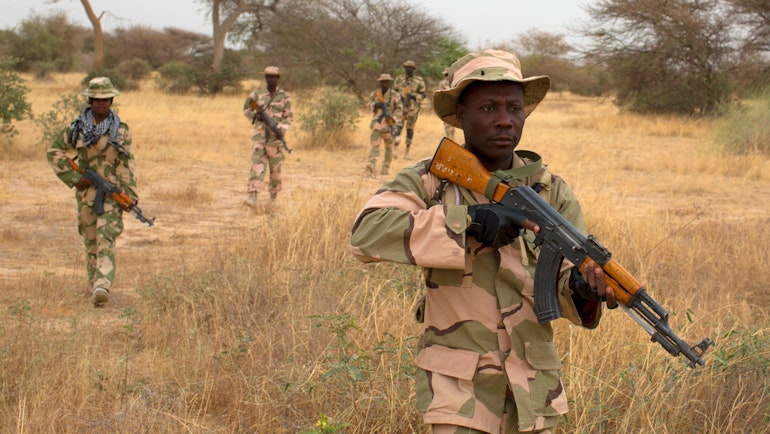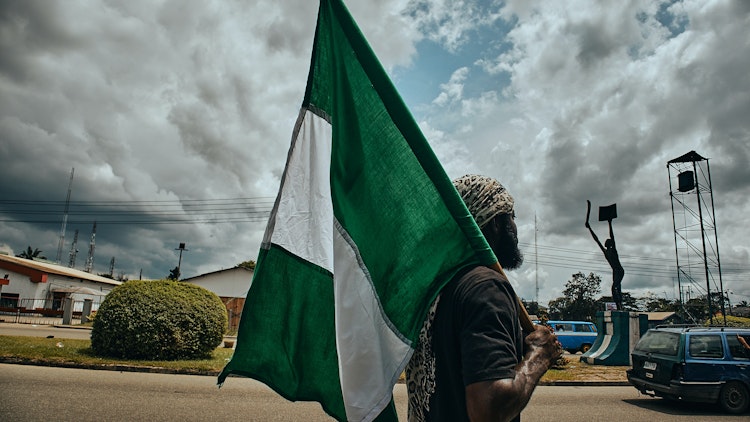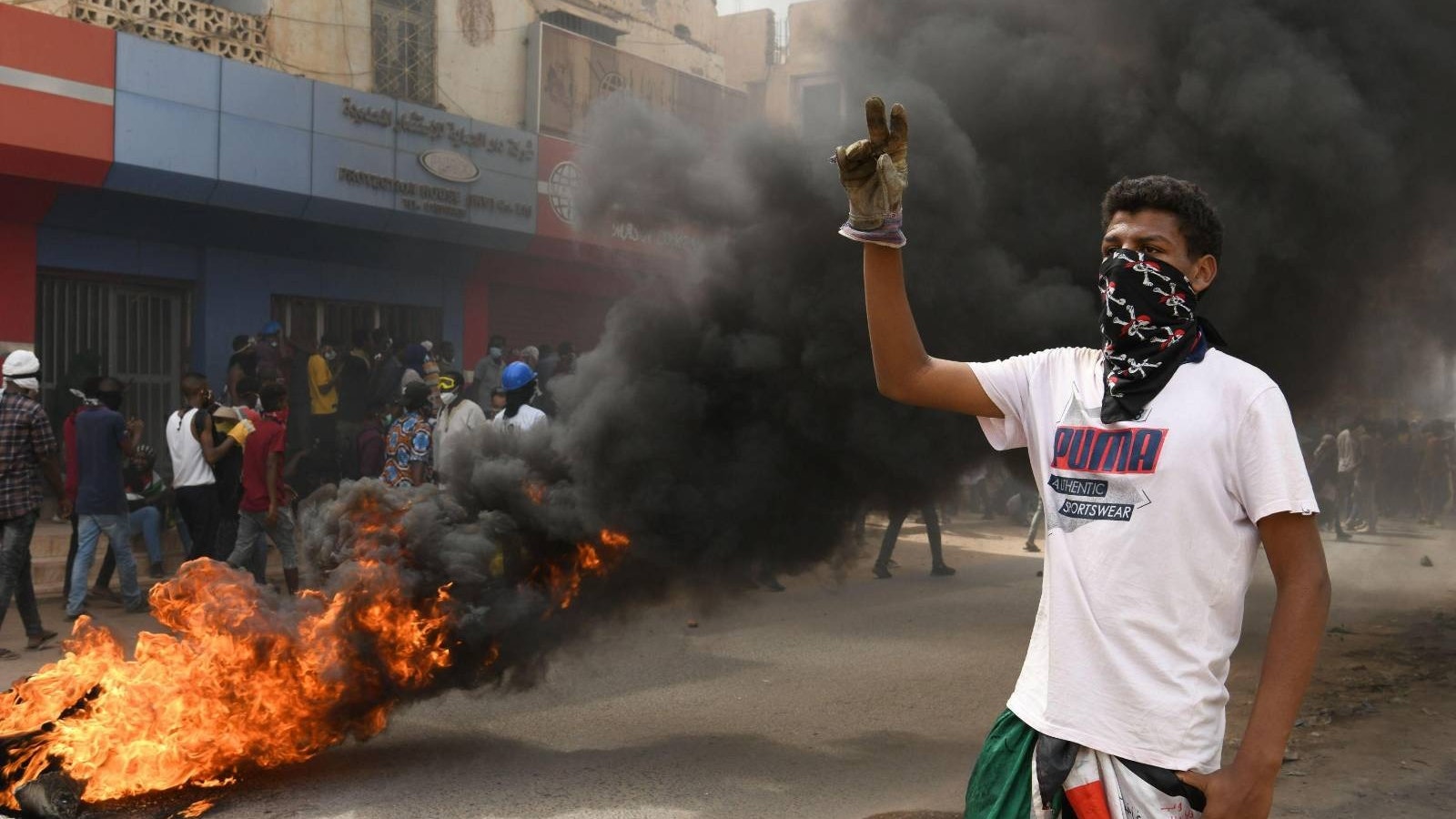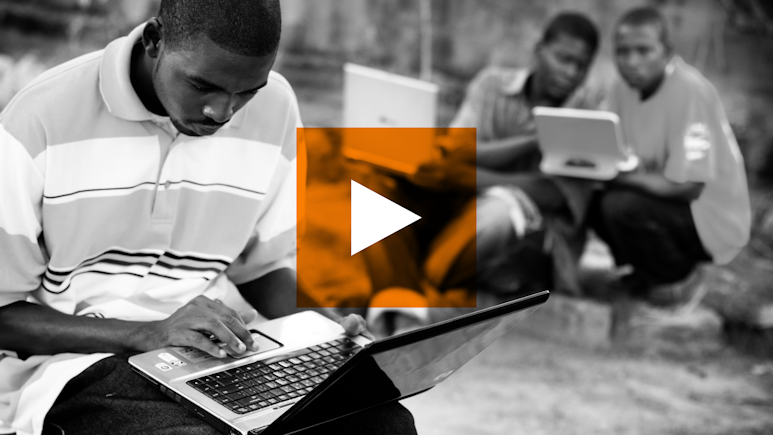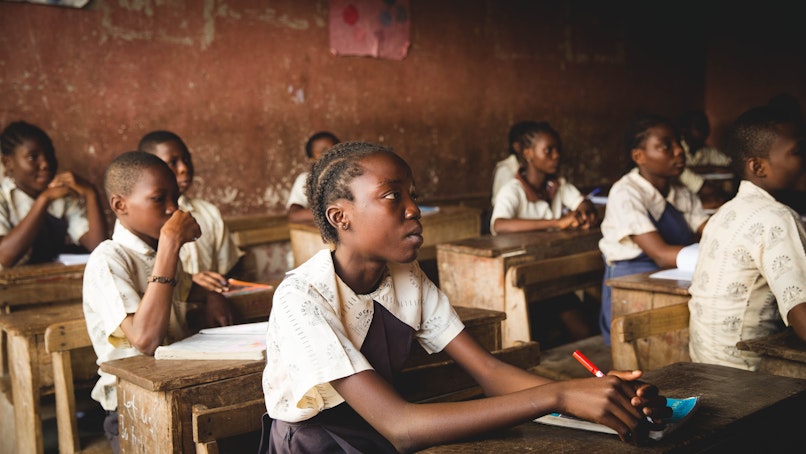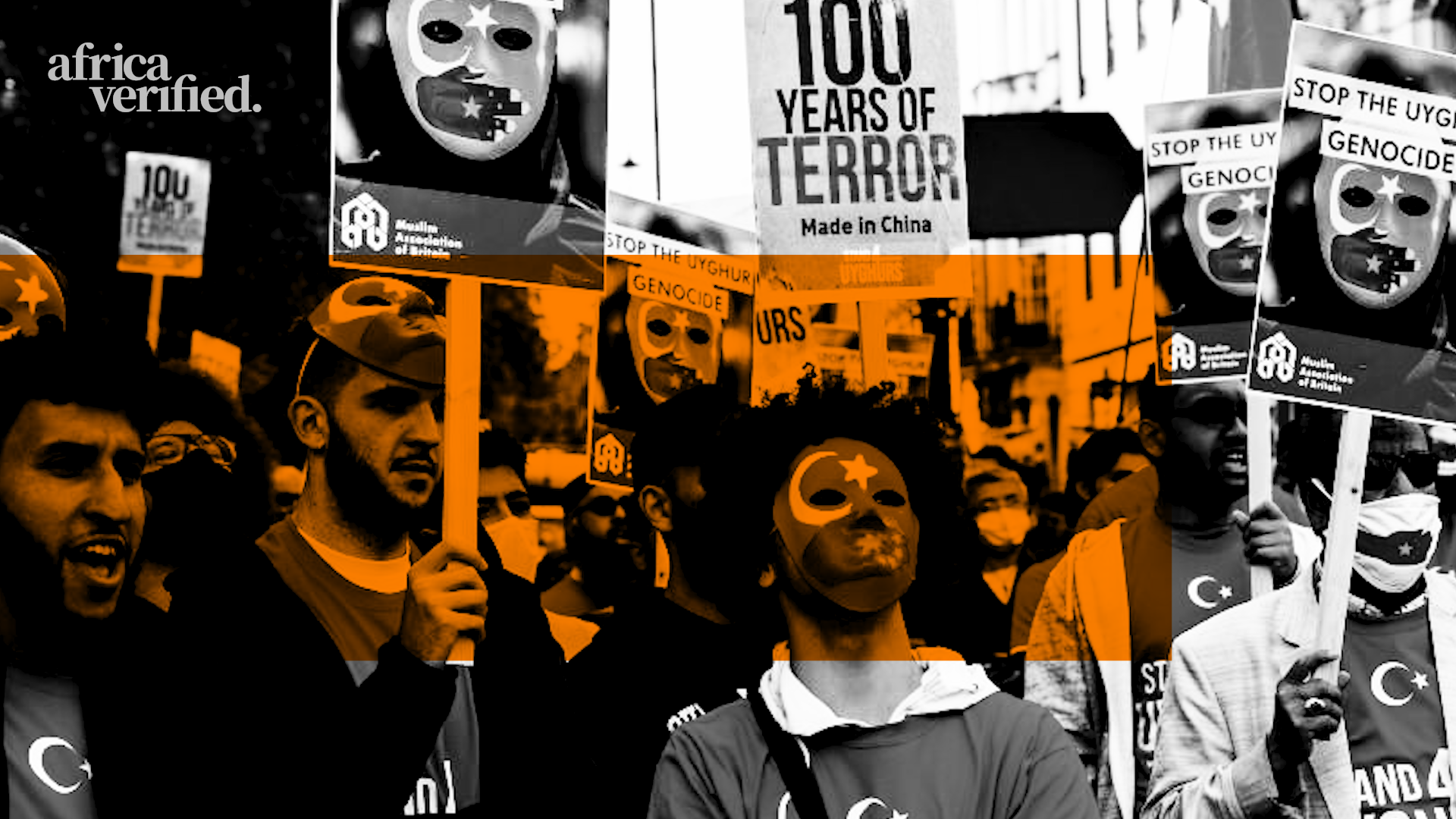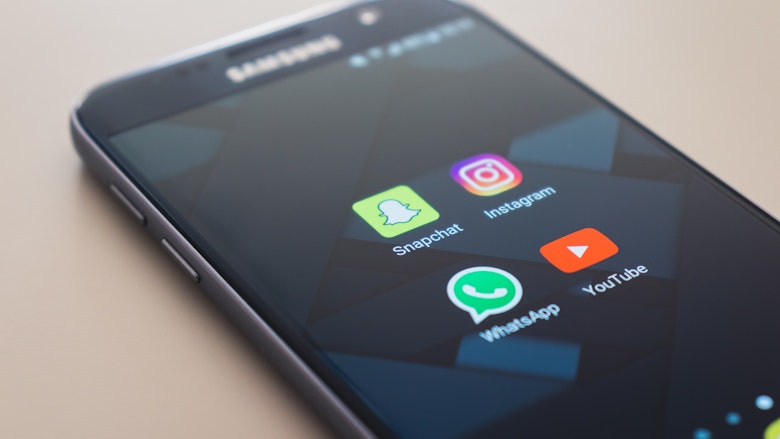
Today more than half of the world’s population is connected to the internet. In Africa, there are over 590 million internet users, and over 800 million mobile phone subscribers.
Today more than half of the world’s population is connected to the internet. In Africa, there are over 590 million internet users, and over 800 million mobile phone subscribers.
This diffusion of digital tools and connectivity is bringing political, economic, social and cultural transformations on the African continent. In particular, new communication technologies have had a profound impact on democracy and civil rights.
They have provided new platforms for civic mobilisation and the dissemination of news and commentary, but they are also subject to censorship, surveillance, and exploitation by antidemocratic forces.
Despite the rapid spread of technology and online platforms, 2021 was the 16th consecutive year of decline in global freedom, according to Freedom House.
Founded in 1941, Freedom House was the first organisation to champion the advancement of freedom globally. Their mission is to speak out against threats to democracy and empower citizens to exercise their fundamental rights.
Since 1973, they have assessed the state of freedom in the world.
For each country and territory, Freedom House looks at 13 core issues as a measurement of political rights and civil liberties in their index, analysing everything from the electoral process and freedom of expression to the rule of law, personal autonomy and individual rights.
Each country is then categorised as either not free, partly free, and free.
As new technology spreads, the power to mobilise large numbers of citizens increases. Authoritarian regimes have responded by trying to control the narrative, and cracking down on dissenting opinions.
The first known of these ‘digital blackouts’ in Africa happened in 2007 when Guinea’s former president Lansana Conté ordered a shutdown following protests calling for his resignation.
Another crackdown that made headlines around the world took place during the 2011 Arab Spring protests, where social media blackouts and internet shutdowns were a familiar response tactic during social unrest or mass anti-government rallies.
Only four countries on the continent warranted Freedom House report’s ‘free’ status in 2022: Ghana, South Africa, Namibia, and Botswana.
Although regarded as a stable, democratic and prosperous nation, Nigeria is classified as ‘partly free’. This classification was informed by many factors, including Nigeria’s recent Twitter ban, triggered by Twitter’s removal of a post made by President Muhammadu Buhari, which threatened to punish regional secessionists.
Twitter has since been reinstated following the social media platform’s pledge to open a local office, among other agreements made with authorities in the West African country.
Another nation that’s making genuine, if not cautious progress is The Gambia. The country was recently rated as ‘partly free’, as respect for fundamental freedoms including the rights to free assembly, association, and expression initially improved under the Barrow administration, but it has faced criticism for continued corruption.
‘(The New Access To Information Bill) was a positive step, and the government abandoned plans for bad legislation on the issue of online freedoms.’ Demba Kandeh, Journalist, University of The Gambia
Activists have welcomed President Barrow’s recent signing of the Access to Information (ATI) bill into law, after their lengthy campaign to secure newly won freedoms for ordinary Gambians.
The ever-shifting flow of information and opinions in Africa continues to grow. Social media is now both a powerful tool for change, and a toxic source of disinformation. Governments will continue to try to control the conversation between themselves and their citizens, while activists look to find new ways to get their message heard.
With such a young population, more of Africa’s political, cultural and social evolution looks set to occur online.
Find out how young Ghanaians are expressing themselves through social media, and pushing to implement the change they want to see in society, in Africa Verified’s latest Beyond The Headlines film .
